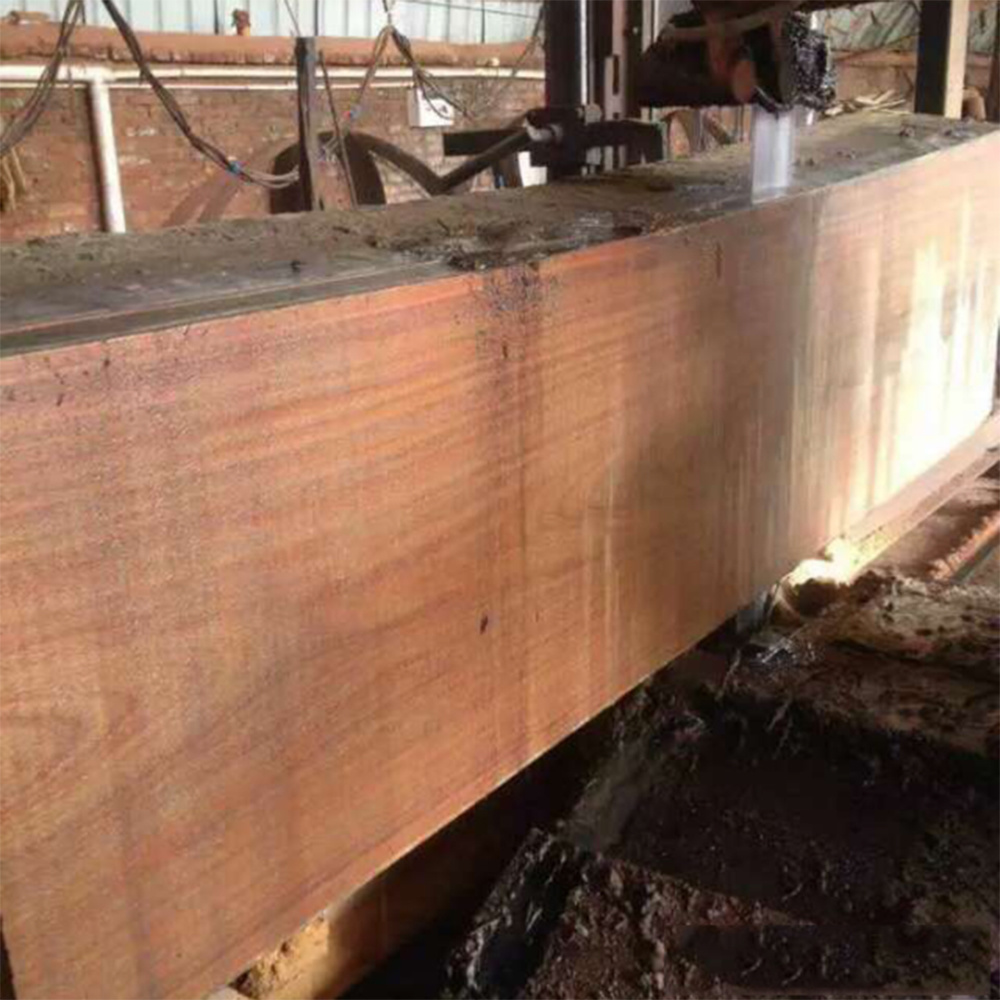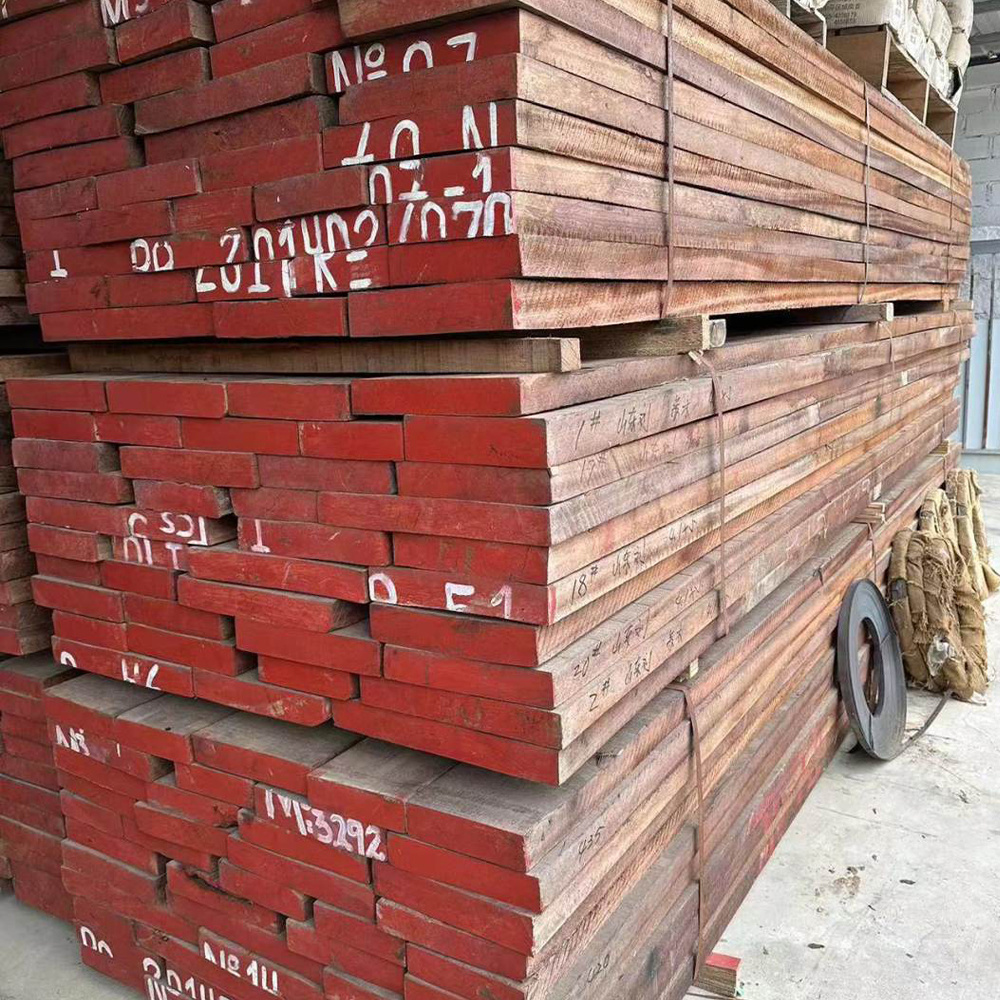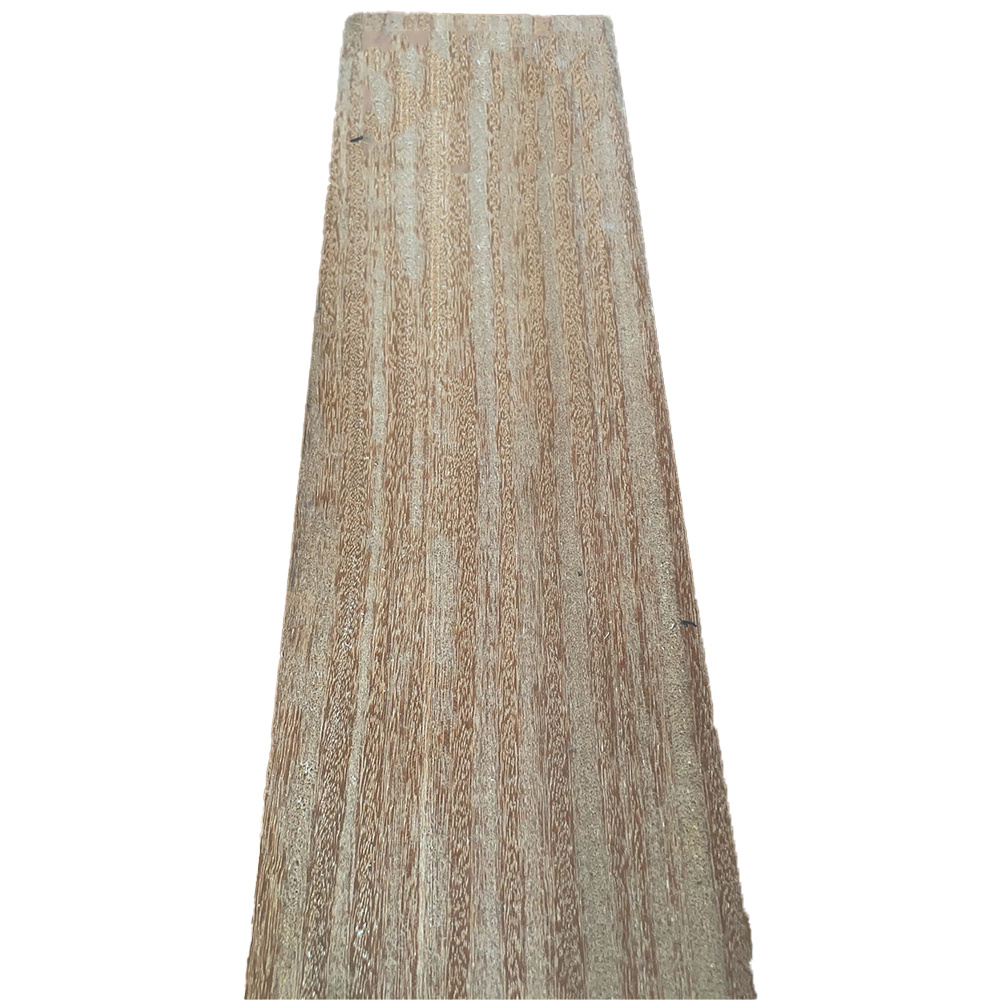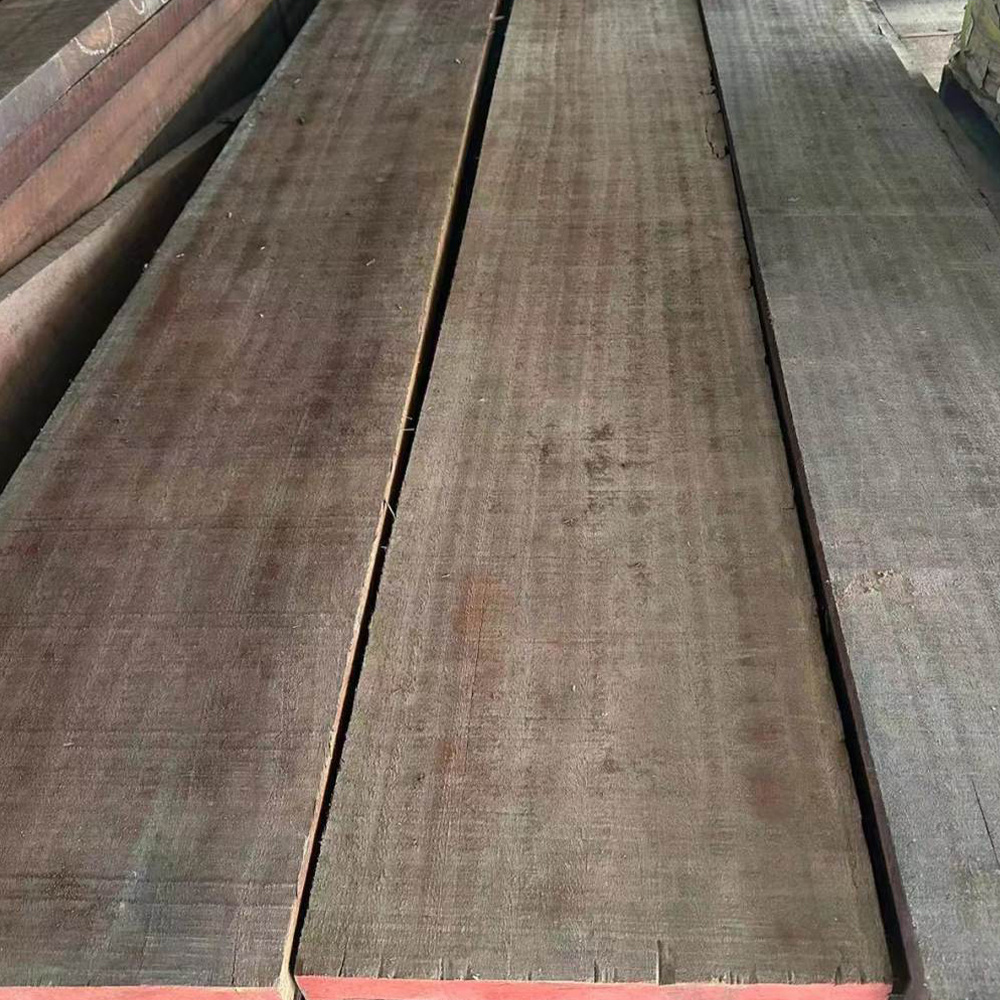A Client-trusted Partner of Global Timble Supply Chain
Cumaru (Dipteryx odorata)

Overview
Dipteryx odorata (commonly known as "cumaru", "kumaru", or "Brazilian teak") is a species of flowering tree in the pea family, Fabaceae. The tree is native to Northern South America and is semi-deciduous. The tree is semi-deciduous, reaching heights of 25-30 meters with a trunk diameter of about 1 meter.
Its seeds are known as tonka beans, but sometimes spelled tonkin beans or tonquin beans (not related to Tonkin). The seeds are black and wrinkled and have a smooth, brown interior. They have a strong fragrance similar to sweet woodruff due to their high content of coumarin. The word tonka is taken from the Galibi (Carib) tongue spoken by natives of French Guiana; it also appears in Tupi, another language of the same region, as the name of the tree. The old genus name, Coumarouna, was formed from another Tupi name for the tree, kumarú.
Many anticoagulant prescription drugs, such as warfarin, are based on 4-hydroxycoumarin, a chemical derivative of coumarin initially isolated from this bean. Coumarin itself, however, does not have anticoagulant properties.
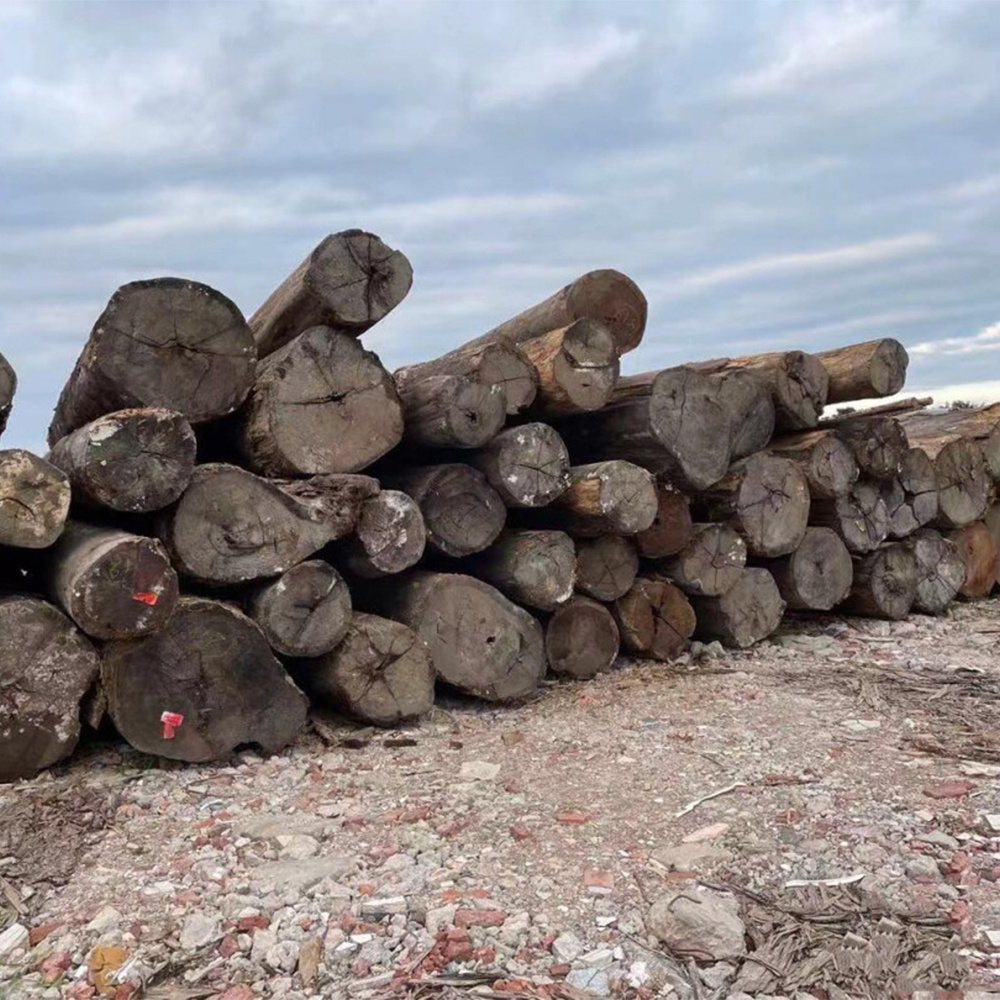
| Species | Cumaru (* Dipteryx odorata ) |
| Origin | South America |
| Grade | AIC |
| Thickness | 18mm to 300mm |
| Width | 40mm to 300mm |
| Length | 4m to 8m |
| Drying | KD, AD |
| Prominent Uses |  |
Description & Distribution
Cumaru is native to the tropical rainforests of South America, particularly in countries such as Brazil, Venezuela, Colombia, and Peru. It thrives in humid lowland forests and upland areas, favoring well-drained soils in tropical climates. The tree is highly valued for its durable timber and aromatic seeds used in traditional medicine and for flavoring.
Physical Characteristics
Crushing Strength: 103 MPa (+/- 8)
Specific Gravity (at 12% MC): 0.94 g/cm3 (+/0.07)
Stability : Moderately stable to stable
Static Bending Strength: 170 MPa (+/- 23)
Durability and resistance
Dry Wood Borers: Class D - Durable - sapwood demarcated
Fungi: Class 1 - Very durable
Termites: Class D - Durable
Treatability: Class 4 - Not permeable
Typical Applications
● Bridges (Parts in contact with water or ground)
● Bridges (Parts not in contact with water or ground)
● Cooperage
● Decking
● Heavy carpentry
● Hydraulic works (fresh water)
● Hydraulic works (seawater)
● Industrial or heavy flooring
● Poles
● Ship building (planking and deck)
● Sleepers
● Sliced veneer
● Stakes
● Tool handles (resilient woods)
● Turned goods
● Wood frame house
● Decking
Obtain product information
* Note: Please be sure to fill in the information accurately and keep communication open, we will contact you as soon as possible


